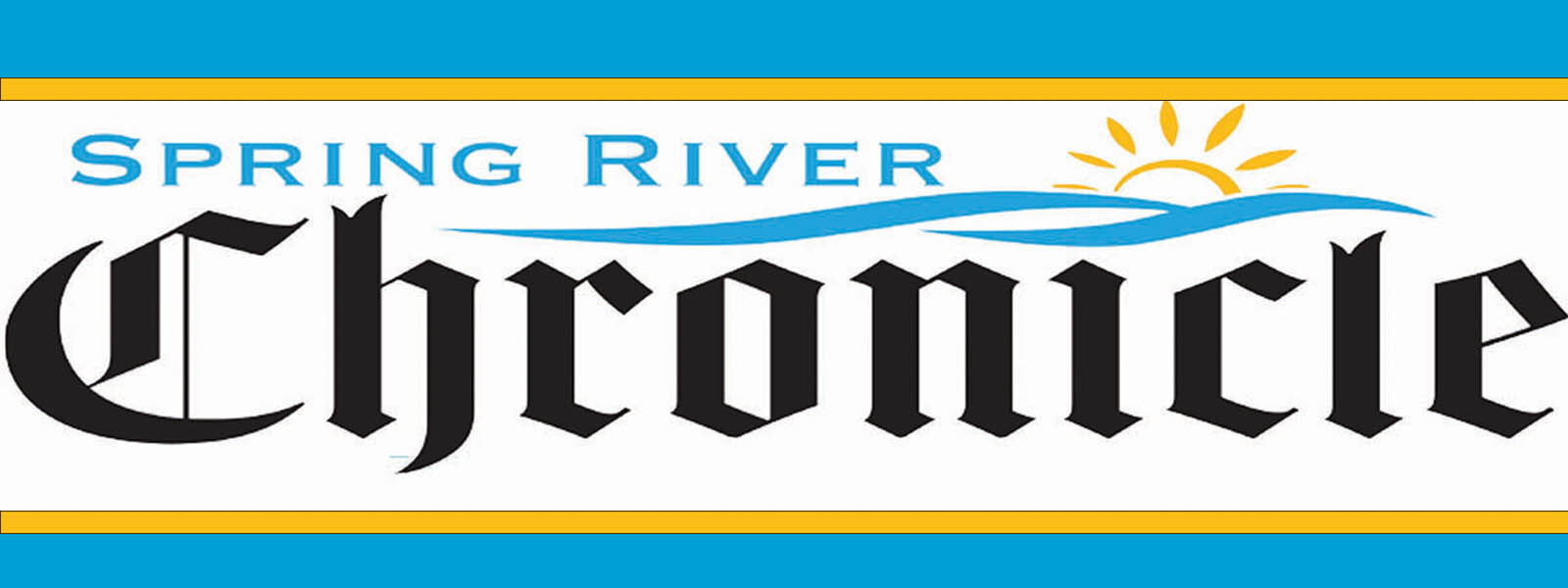
The governor announced that he would call the legislature into special session on August 8 to consider income tax cuts that would save Arkansas families and businesses almost $700 million when they take effect.
The legislature enacted many of the measures last December during a previous special session. The tax reductions were to be phased in over several years.
Due the enormous size of the state’s budget surplus, the governor’s finance officials and legislative leaders agree that the effective date of many of the planned tax cuts can be moved up by several years.
For example, last December the legislature voted to reduce the top rate for individual income taxes from 5.5 to 4.9 percent by tax year 2025. The new plan is to accelerate the reduction so that the 4.9 percent rate becomes effective retroactively to January 1, 2022.
Making the lower rate effective for this calendar year would save taxpayers about $296 million on next year’s tax bills.
In the August special session legislators will consider a similar plan to move up the effective date of a reduction in the top rate for corporate income taxes. In last December’s special session the legislature voted to lower it from 5.9 to 5.3 percent by 2025.
Accelerating the reduction to 5.3 percent will save Arkansas businesses an estimated $18.5 million next year, $27.8 million the following year and $9.2 million the third year. In other words, accelerating the effective date will lower corporate income taxes by $55.6 million more than the savings enacted last December.
The legislature also will consider changing depreciation rules in Section 179, to save businesses $24.8 million in 2024 and $21.1 million in 2025. After the first five years of being in effect, the change will save businesses an estimated $102.1 million.
Also to be considered will be a temporary income tax reduction for low-income and middle income families totalling $90 million in tax year 2022.
Under the current code, taxpayers with an income of less than $87,000 will pay 2 percent in income tax for the portion of their income that is between $5,100 and $10,299. The legislature will consider reducing it from 2 percent to nothing. The savings will come next year when Arkansans file their 2022 taxes.
Between now and fiscal year 2027 the total tax savings would be $697 million. There is a consensus that the state can afford that much in tax relief because on June 30 state government ended the 2022 fiscal year with a budget surplus of more than $1.6 billion.
The governor is still preparing the call for the special session, which will list the items for the legislature to consider. He said he may include school safety measures and increased financial commitments to maternal care and adoption services.
The recent U.S. Supreme Court ruling that overturned Roe vs. Wade immediately outlawed abortion in Arkansas except in cases in which the mother’s life is endangered.
Act 180 of 2019, known as a “trigger law,” was worded to take effect in the event Roe vs. Wade was overturned.
Teacher pay raises will not be considered until the 2023 regular session. By then legislators will have the results of a study that determines how much the state has to fund public schools, in order to comply with the constitution’s mandate that the state provide all children with an adequate education.
